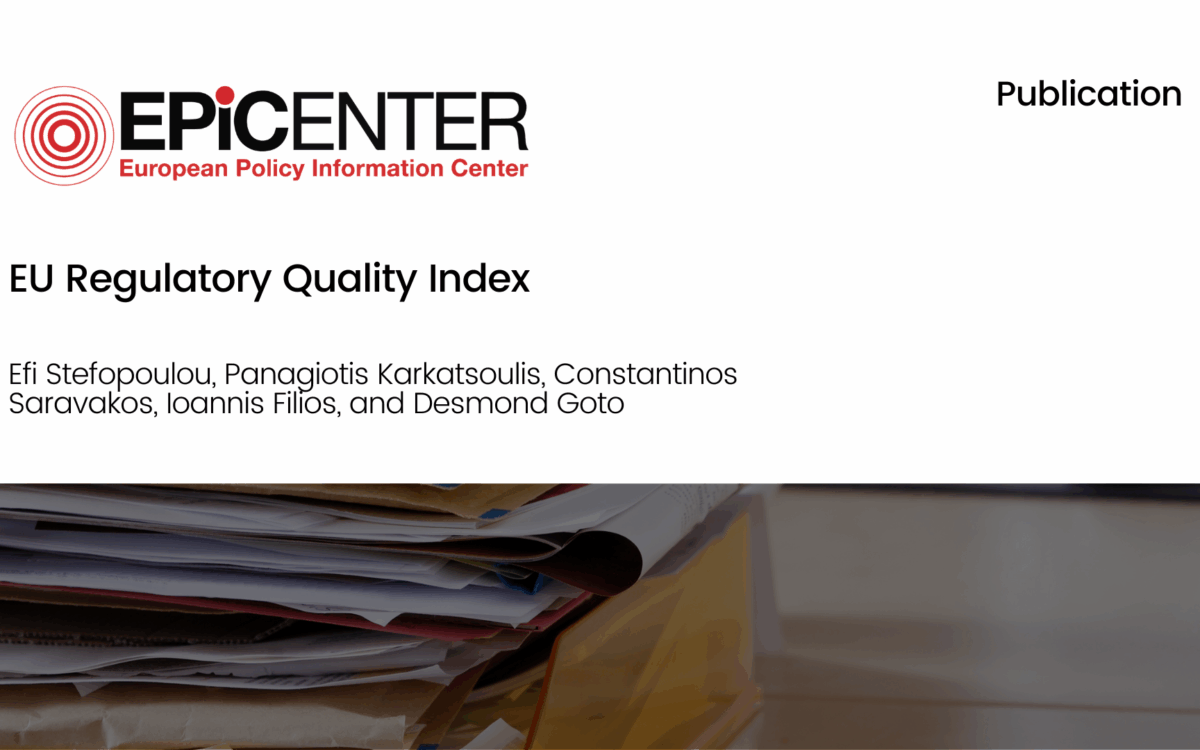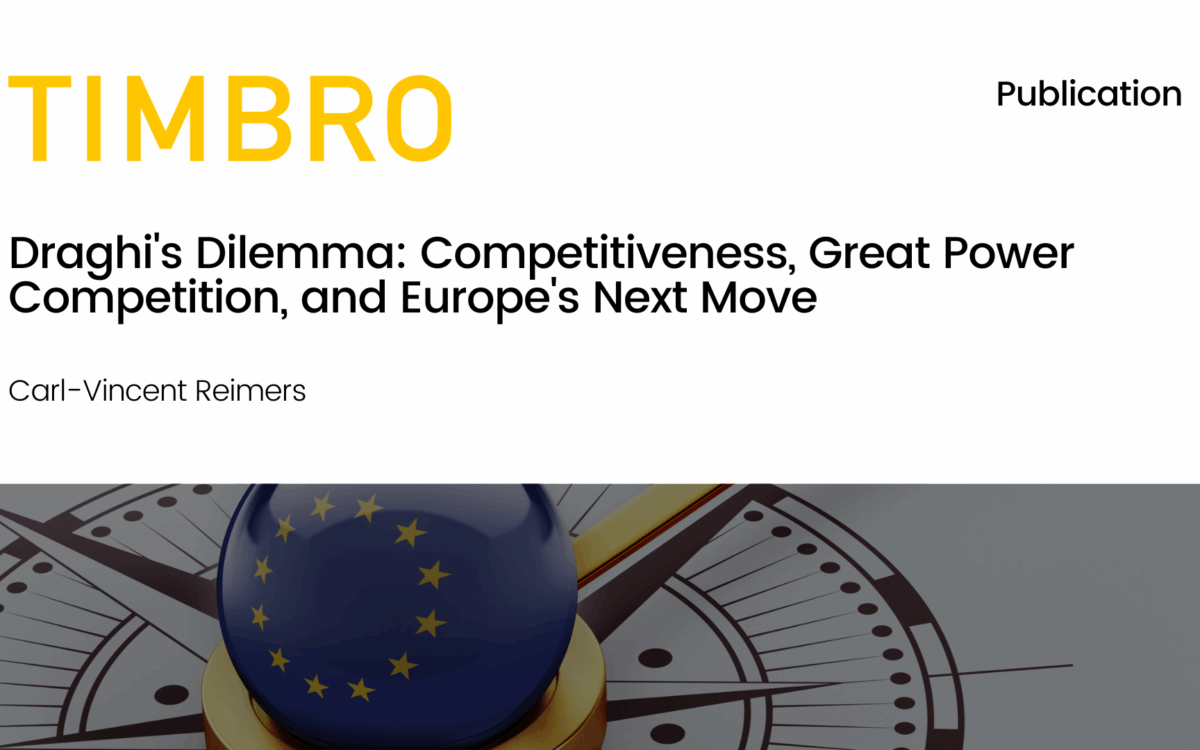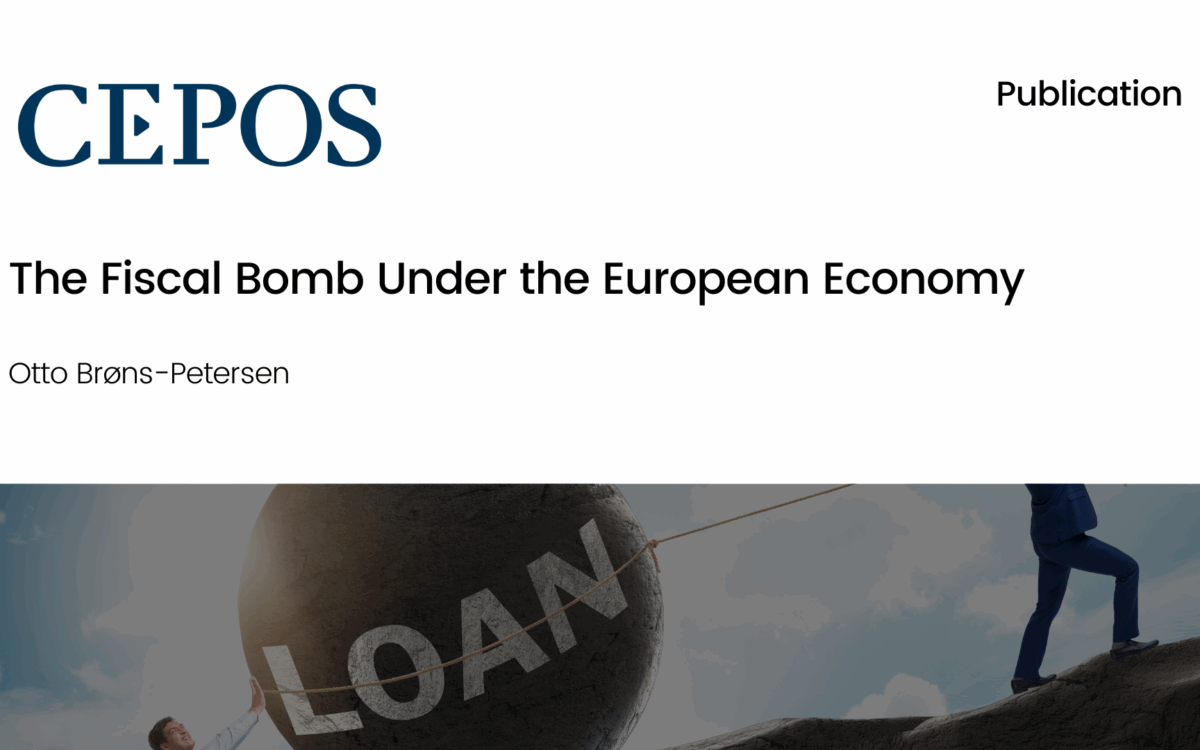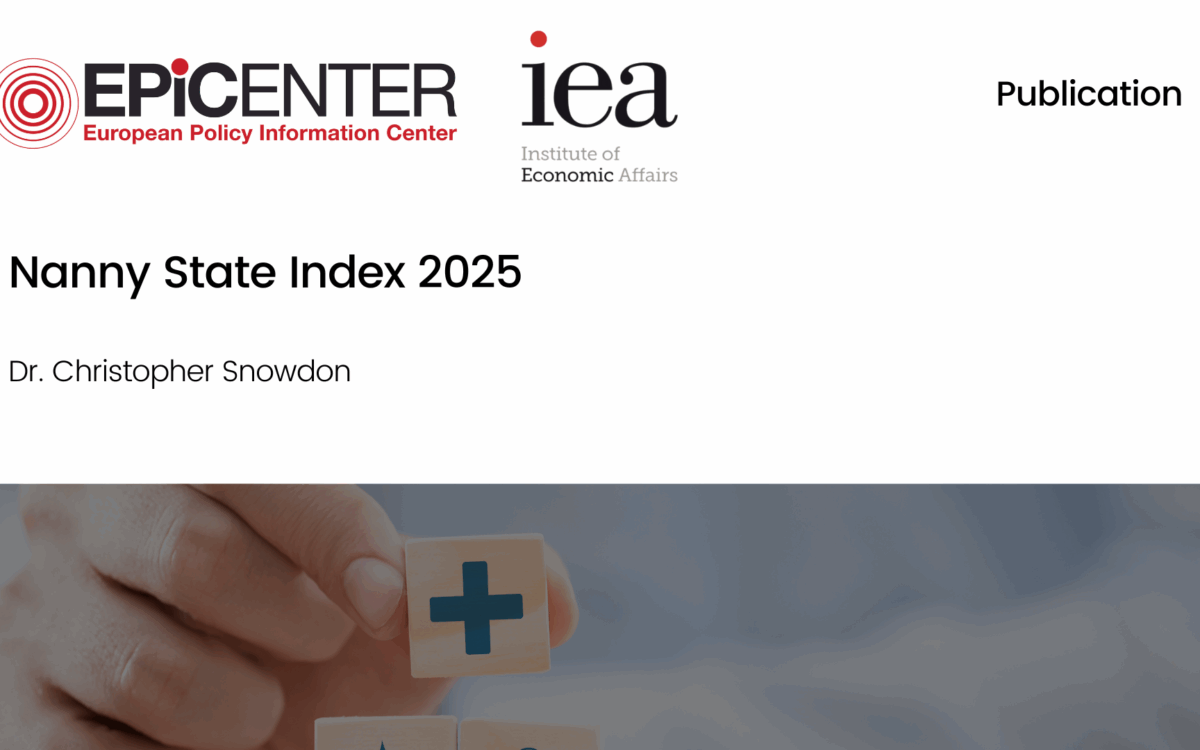Economic Freedom in the Eu: Mediocre Today – World Leader Tomorrow?
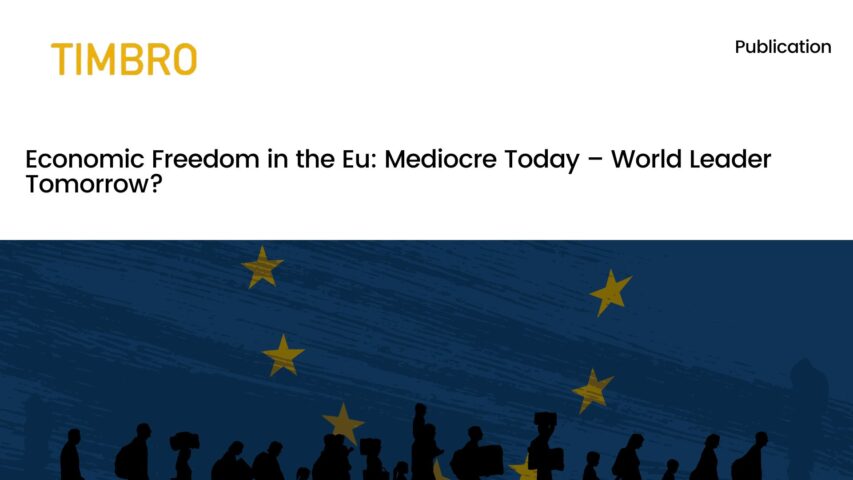
Economic Freedom in the Eu: Mediocre Today – World Leader Tomorrow?
May 2014
Five years since the outbreak of the most severe economic crisis of our time, there is widespread consensus that today’s levels of unemployment, exclusion, deficit, and debt are unsustainable and need to be addressed. Yet the ongoing debate on “austerity vs. growth” is misleading and false. Rather, the challenge lies in creating societies where individuals are able to work, trade, consume, save, invent, and invest without tangled regulation, high taxes and other obstacles. Simply put: the challenge lies in increasing economic freedom.
For this to happen, Europe is in need of further reforms. Luckily, the solution is not hard to find. What needs to be done is to follow best practice by learning from those EU member states which are freer and more successful than others in each relevant category. This “follow the leader” method would rapidly transform the EU into a global leader position, ahead of comparable countries and regions.
Download or share this publication
View the PDF
EPICENTER publications and contributions from our member think tanks are designed to promote the discussion of economic issues and the role of markets in solving economic and social problems. As with all EPICENTER publications, the views expressed here are those of the author and not EPICENTER or its member think tanks (which have no corporate view).
